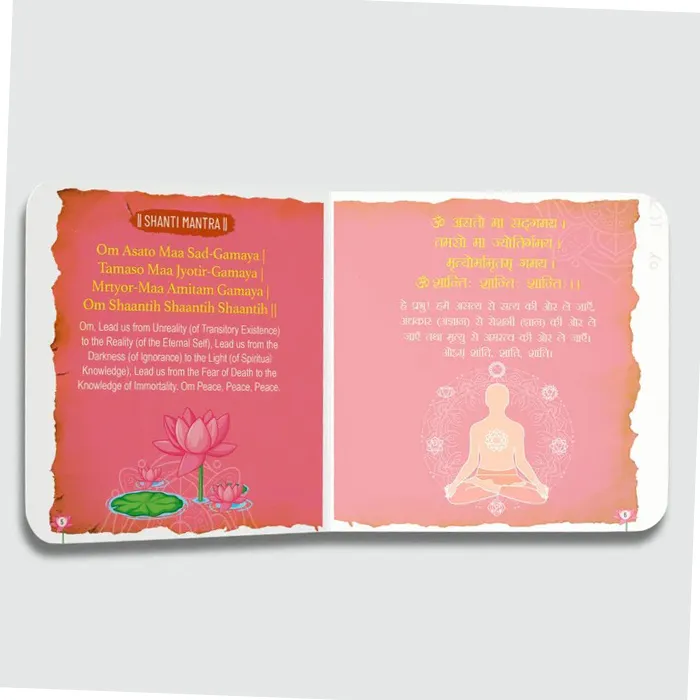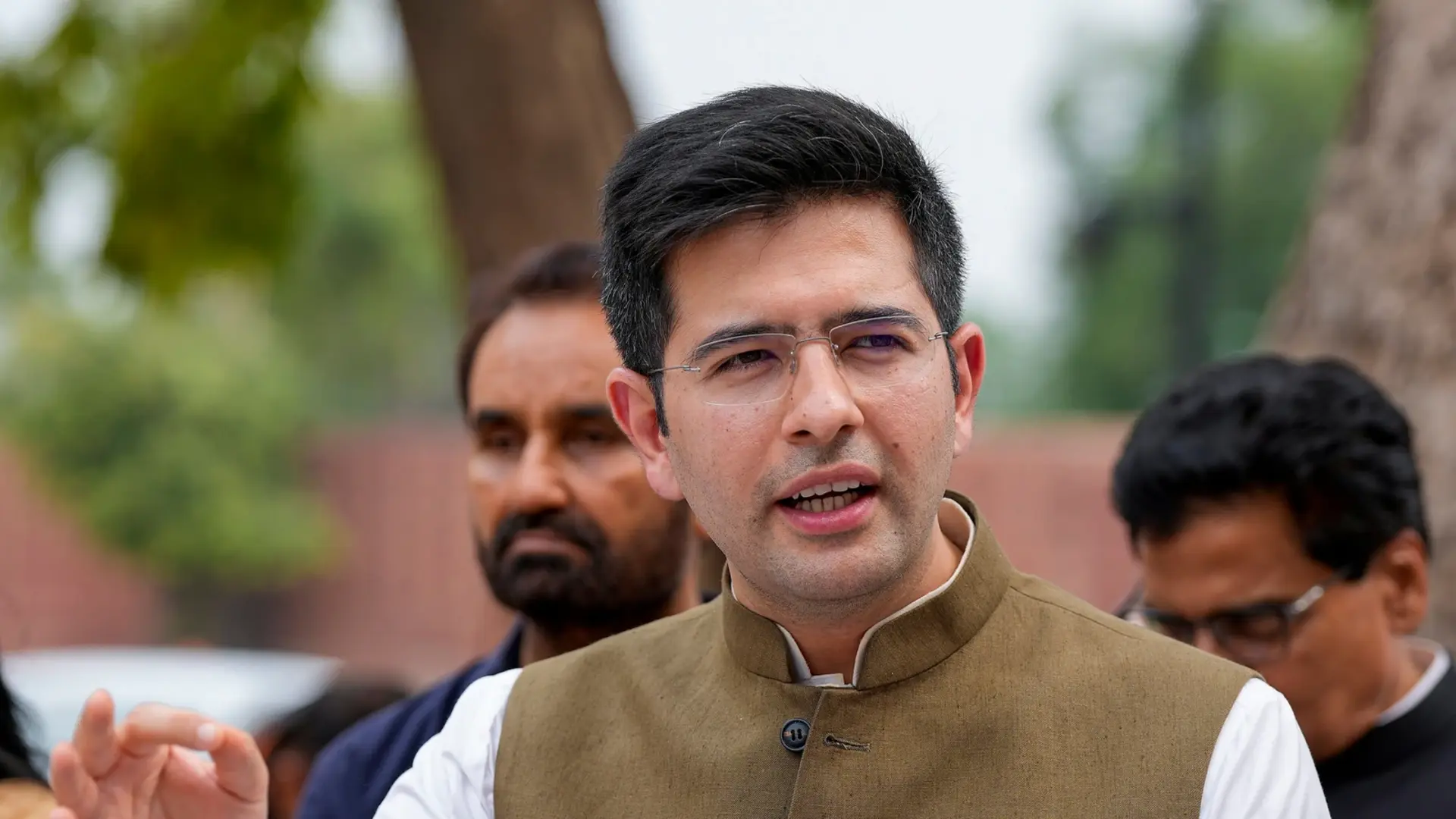Often, when we change our way of thinking and doing things in an attempt at self-improvement, all goes well for some time and we are happy that we have become a better person. But then we find ourselves reverting to our old habits. It happens occasionally at first, and we do not take it seriously. Then the slippages become more frequent and a time comes when we stop bothering about it. “It happens. It does not matter”, we tell ourselves, and the progress we had made is undone.
There can be several reasons for this. We may have a strong desire to change, and determination as well, but we may be ignorant of what the process of change entails, or do not have adequate attention on the self to sustain the transformation.
A farming analogy illustrates this point. We sow the best seed, but the land is barren, the seedling gets little sunshine, and we fail to water it regularly. It may grow into a scrawny tree and bear some fruit, but for how long?
We may decide to have only good, positive thoughts henceforth, but if we become depressed every time there are other kinds of thoughts, we will soon lose hope. Understanding that such tests are inevitable and learning from them enables us to take them in our stride and progress towards our goal. Otherwise, we will make a mountain out of a molehill. This causes us to lose balance — one day we are on cloud nine and the next day a mistake leaves us moping.
Instead of finding out what went wrong and taking steps to ensure that it does not recur, we pore over all the details of how we failed, the miserable feeling it brought, whether we will ever stop failing…. If we think in this way, what would be our state of mind? Brooding over sickness is not a cure for it; we need to take medicine to become healthy again. Similarly, we can learn from failure and move on.
Another mistake is to tell ourselves that “I am like this anyway” or ascribing our faults to society or the environment in which we grew up. Social conditioning can influence us if we allow it to, but disowning responsibility for the way we are is a sign of powerlessness and it reinforces our defects.
This is where spirituality comes in. When we know and accept the fact that we are souls, beings of purity and peace expressing ourselves through the physical medium of the body, we recognise that our flaws are acquired traits. We turn our attention inward to experience our peaceful and loving self. This facilitates recognition of our eternal connection with the Supreme Soul, the Father of all souls. Remembering Him, the Almighty, brings the soul the power to break free of its weaknesses and discover a life without sorrow.
B.K. Mruthyunjaya is Executive Secretary of the Brahma Kumaris.













